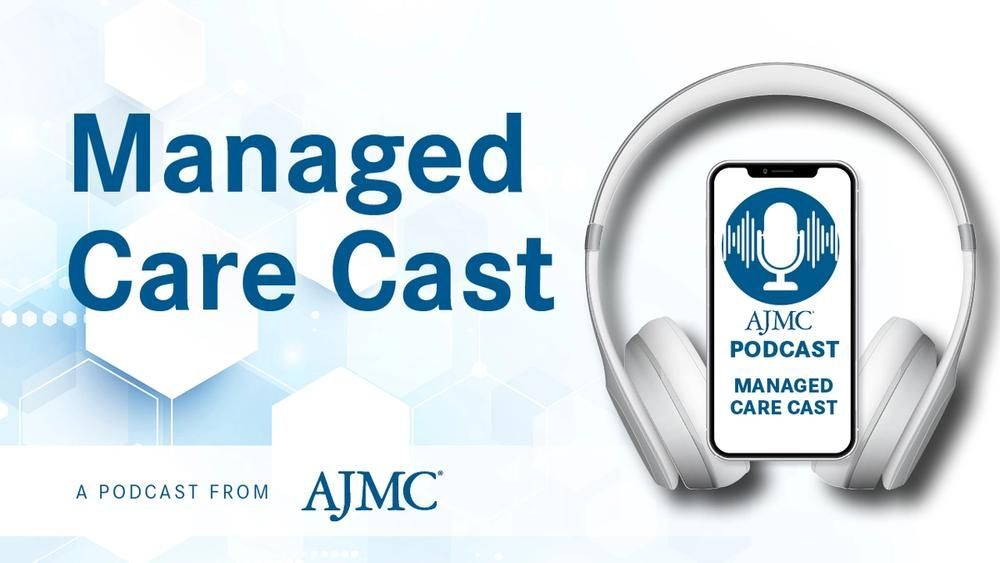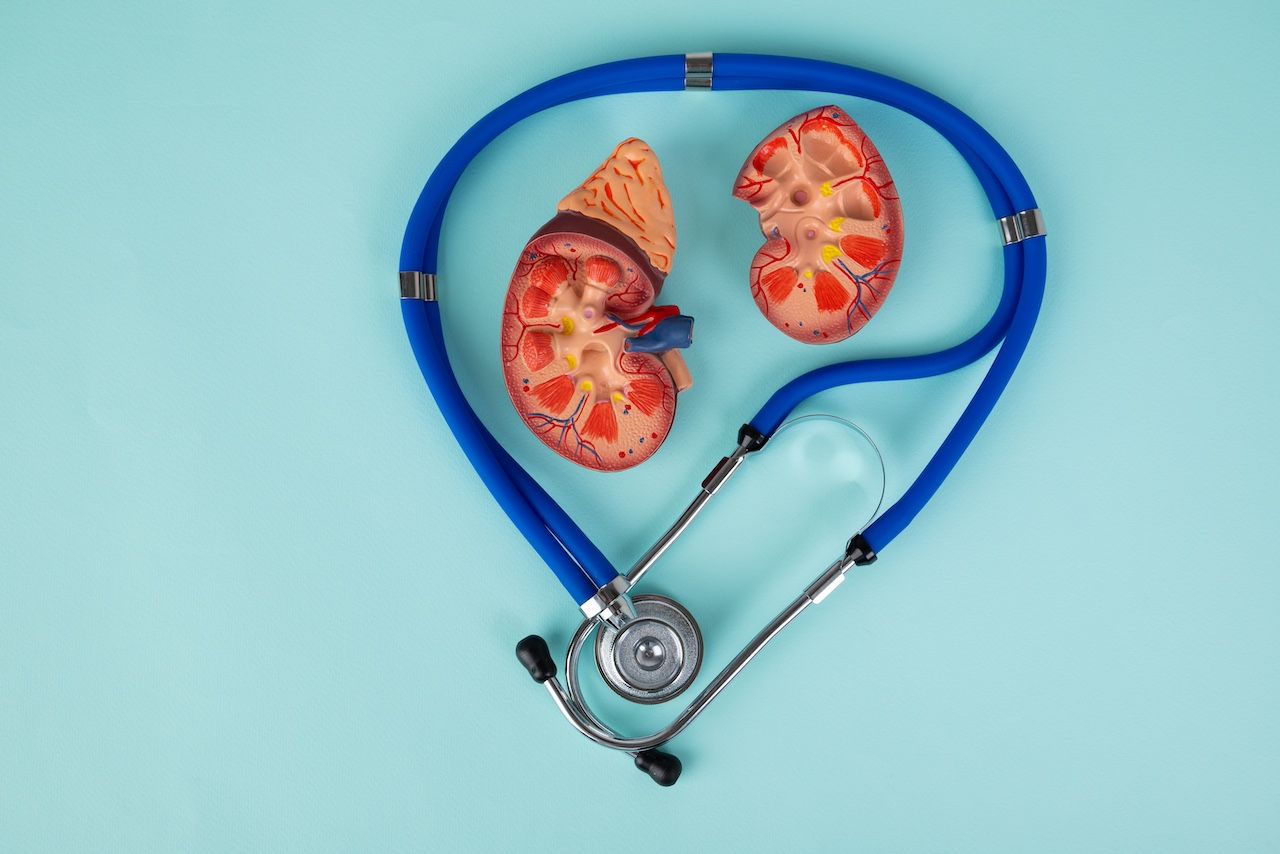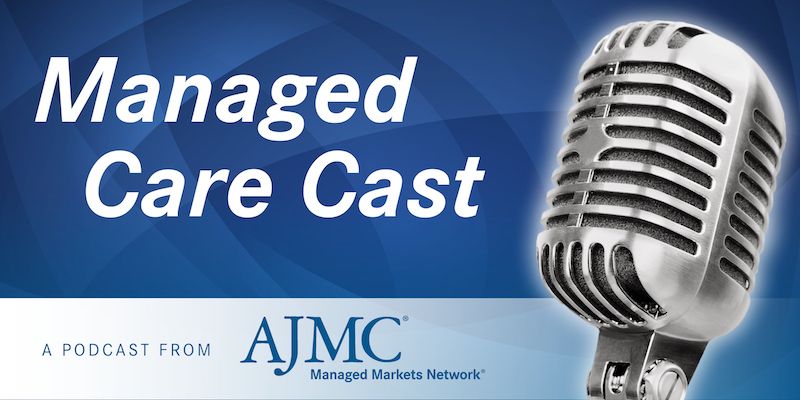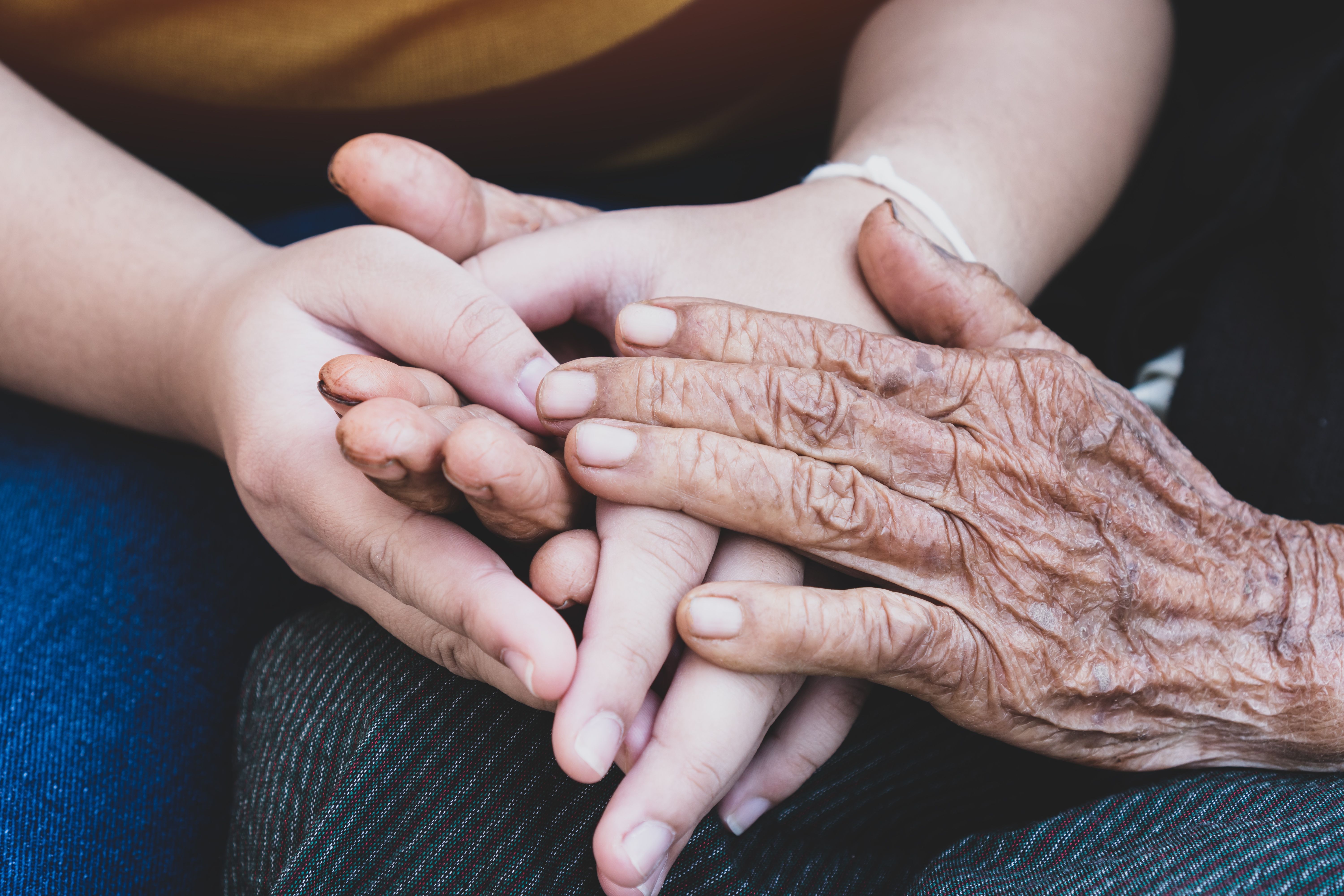News
Article
Melatonin Fails to Ease Fatigue in Patients With Early-Stage Breast Cancer Undergoing Radiotherapy
Author(s):
Melatonin showed no benefit for cancer-related fatigue or other symptoms in women with early-stage breast cancer receiving radiotherapy treatment.
Young woman with cancer-related fatigue | Image Credit: Solid photos - stock.adobe.com

Melatonin did not block or improve cancer-related fatigue (CRF) or other symptoms in patients with early-stage breast cancer undergoing radiotherapy (RT) treatment, according to a recent study at VCU Massey Cancer Center.
In the randomized double-blind placebo-controlled phase 3 trial, melatonin was analyzed in preventing CRF and other symptoms in patients with breast cancer undergoing RT.1
One of the most distressing complaints of breast cancer treatment has been CRF, which is often described as a persistent, subjective sense of physical, emotional, and/or cognitive tiredness or exhaustion related to cancer and/or cancer treatment that is not proportional to recent activity and interferes daily functions.2
Early-stage breast cancer is classified as ductal carcinoma in situ and stage I, stage IIA, stage IIB, and stage IIIA out of 5 stages. These earlier stages of cancer have not spread beyond the breast tissue or axillary lymph nodes, allowing for various, sometimes less harsh, treatment options.3
Significant impacts of CRF interfere with patient quality of life (QOL), therefore, melatonin is a natural, cost-effective supplement, known to decrease proinflammatory immune responses, maintain circadian rhythm, sleep quality, and prevent oxidative damage to mitochondria.1
Breast cancer treatment typically involves radiation therapy in conjunction with a mastectomy, but radiation has a history of causing further complications in patients. Proton postmastectomy radiotherapy (PMRT) utilizes proton beams to target cancer cells while avoiding health tissue. With proton therapy, difficult cases of breast cancer can be treated to increase accessibility to the therapy.4
Out of 80 enrolled patients, the double-blind control trial assigned 1:1 tp receive 20 mg oral melatonin (n = 40) or a placebo (n = 40), beginning the night before their first RT, continuing into RT, and another 2 weeks following the completion of RT.1 In the melatonin group, 1 patient did not receive an allocated intervention based on COVID-19 precautions while the placebo group had 2 patients withdraw after randomization.
The study’s primary objective was to establish the effects of melatonin on fatigue scores using the Functional Assessment of Chronic Illness Therapy-Fatigue (FACIT-Fatigue scale). Secondary endpoints were identified with FACIT-F subscales, Edmonton Symptom Assessment Scale (ESAS), and Patient-Reported Outcomes Measurement Information System (PROMIS) scores collected at baseline, 2 weeks, and 8 weeks post-RT.
Every patient included in the melatonin group and placebo group were followed-up until full completion of the study (n = 39, 38, respectively). At baseline, the average age of participants was 59.5 and 60 for melatonin and placebo groups. The study demographic were mainly White people among the melatonin and placebo populations (n = 27 and 26).
There were little to no differences between the melatonin and placebo groups, nor did they show any safety concerns. Only 1 incidence of grade 3 insomnia was related to the drug, whereas grades 4 or 5 were not related to the medications. The melatonin group compared with the placebo group had a statistically significant difference of 0.01 unit (P = .0389). Statistical analysis did not reveal a significant impact of the treatment, which aligns with the observed limited change.
While serum is important in confirming adherence to therapy and evaluation of associations between levels and clinical effects, the study failed to incorporate the levels of melatonin which could potentially hinder the study results. Dosing errors are heightened when patients use liquid vehicles that require accurate measurements as well. The study focused on older, White patients, which limited generalizability.
Melatonin did not decrease CRF in patients with early-stage breast cancer or demonstrate benefits towards other symptoms when compared with the placebo, which ultimately led to premature study termination.
References
1. Mukhopadhyay N, Khorasanchi A, Pandey S, et al. Melatonin supplementation for cancer-related fatigue in patients with early stage breast cancer receiving radiotherapy: A double-blind placebo-controlled trial. Oncologist. 2024;29(2):206–212. doi:10.1093/oncolo/oyad250
2. Nimee F, Gioxari A, Papandreou P, et al. The effect of melatonin supplementation on cancer-related fatigue during chemotherapy treatment of breast cancer patients: A double-blind, randomized controlled study. Cancers (Basel). 2024;16(4):802. doi:10.3390/cancers16040802
3. National Cancer Institute. NCI dictionary of cancer terms. NIH. February 2, 2011. Accessed April 23, 2024. https://www.cancer.gov/publications/dictionaries/cancer-terms/def/early-stage-breast-cancer.
4. Klein H. Condensed proton therapy schedule shows promise for patients with breast cancer. The American Journal of Managed Care®. Published September 8, 2023. Accessed April 23, 2024. https://www.ajmc.com/view/condensed-proton-therapy-schedule-shows-promise-for-patients-with-breast-cancer
Newsletter
Stay ahead of policy, cost, and value—subscribe to AJMC for expert insights at the intersection of clinical care and health economics.





